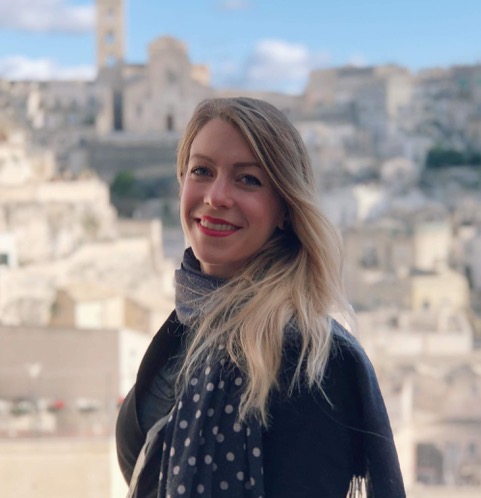 What is your role in the DESI project?
What is your role in the DESI project?
I co-chair the DESI time domain working group. The goal of our team is to study the transient Universe: we want to find and characterize explosive events such as Supernovae and kilonovae, the disruption of stars close to supermassive black holes in the center of galaxies, and even the variability of binary stars within our own Galaxy. We are interested in studying the physics behind the processes that happen within this transients, such as the accretion of mass in binaries and the creation of the heaviest elements of the Universe, but we also want to use some of these events to understand the dynamics of the Universe. In other words, we will also study cosmology with these events.
What have you been working on recently?
Currently, I am organizing the time domain working group activities. Within the working group, I have been leading efforts on potential science analyses that involve DESI and gravitational wave detections. In particular, I have been looking into using the DESI galaxies to do cosmology with gravitational waves from compact object binaries, such as binaries containing neutron stars and black holes. I am also studying how we can use some of the DESI fibers (some of the DESI 5000 “eyes to the sky”), to look at interesting emission from these binaries, and more in general, from transients that are detected in the sky by other experiments. In other words, I am interested in following up interesting objects and use them to understand the expansion and content of the Universe.
Where were you born, where do you live now?
I was born in Rome, Italy. I grew up and studied there, until I moved to London for my PhD at UCL. Now I live the Chicago suburbs, I am a postdoc at the Fermi National Accelerator Laboratory and an associate fellow at the University of Chicago. I like to say that Chicago is the Rome of the US, so I feel at home here!
What would you say is the most interesting or exciting thing about your job?
What I love about my job is the possibility of constantly coming up with new ideas and perspectives to understand the Universe through different angles. I find that there too many interesting things I would like to work on, so I often don’t have the time to pursue them! I also love the possibilities that a big collaboration such as DESI gives to its members: the science possibilities are so broad that all of us get to learn about many different topic, and interacting with collaborators from a different field always brings to exciting new analyses, ideas and results.
Any advice for an aspiring scientist?
Society might teach us that there are fields other than science that are more important and that will make you more successful in life. Do not believe that, and if science is your passion, then never give up on your dream! Science is at the base of our everyday life even when we do not realize it, and astronomy in particular has always been one of the most inspiring science fields since the most ancient days of humanity.
What do you do for fun?
When I am not working, I love to do sports. I practice every day: I play beach volleyball competitively, and when I am not doing that, I love to do CrossFit. Olympic weightlifting is one of my favorite things in Crossfit! I also love to listen to music, go to concerts (rock, jazz, blues, electro-swing,…), and to the theatre.
